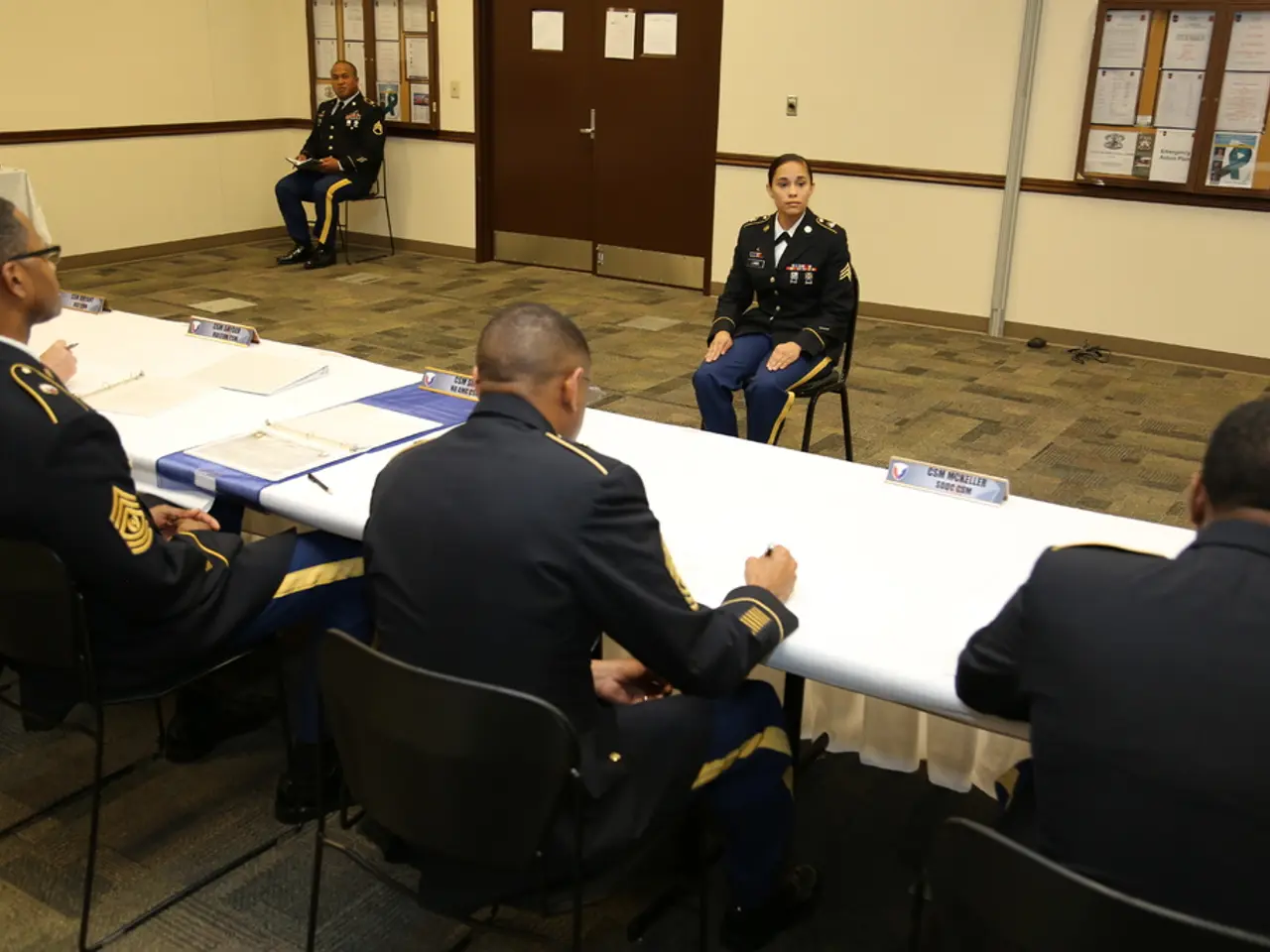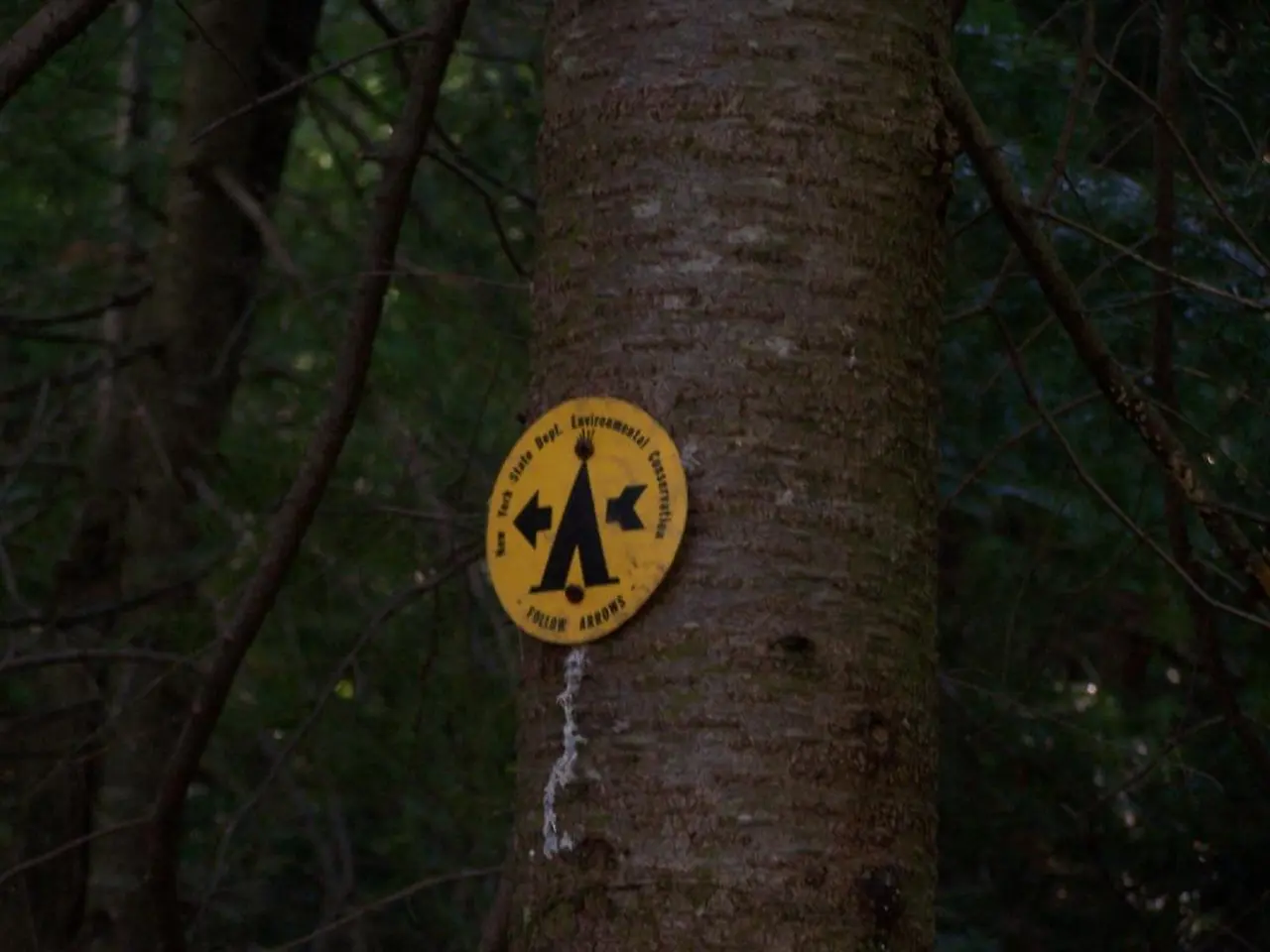Collaborative Assembly Session
The smooth functioning of democracy can be enhanced by the effective use of joint sittings, a constitutional mechanism designed to overcome disagreements or deadlocks in the legislature. According to Article 108 of the Indian Constitution, the President can summon both Houses for a joint sitting when the Rajya Sabha rejects a bill, disagrees with amendments, or delays passage for more than six months.
However, the relevance of joint sittings remains, but their judicious use is crucial. Overuse could potentially undermine the democratic process, while misuse could lead to a disruption in the normal functioning of the legislative process. It's important to note that joint sittings apply only to ordinary bills or financial bills, not to money bills or Constitutional amendment bills, which follow distinct procedures.
The Speaker of the Lok Sabha presides over a joint sitting, not the Rajya Sabha Chairperson, and if the Speaker is absent, the Deputy Speaker takes charge. The rules governing a joint sitting are those of the Lok Sabha, not the Rajya Sabha.
Recent political developments indicate substantial parliamentary deadlock affecting the passage of key legislation. The National Sports Governance Bill, 2025, and the National Anti-Doping (Amendment) Bill, 2025, are just a few examples. Opposition parties have demanded broader discussions on contentious issues, proposing alternatives such as referring bills to joint parliamentary committees rather than immediately resorting to joint sittings.
The deadlock and repeated disruptions have seriously impacted legislative business, with opposition-led protests and strategic meetings by both opposition and ruling blocs signaling deepening political tensions.
In light of these dynamics, debates on the use of joint sittings center on the constitutional limitations and procedural strictness governing joint sittings, the political challenges in calling joint sittings amidst heightened confrontation, and the practicality of joint sittings as a tool to break deadlocks.
The strategic application of joint sittings can help in strengthening the democratic system, but maintaining the balance between the use and non-use of joint sittings is crucial for the health of Indian democracy. The importance of dialogue, negotiation, and consensus-based methods cannot be overstated in resolving parliamentary impasses.
Three bills have been passed at joint sittings: the Dowry Prohibition Bill, 1960, the Banking Service Commission (Repeal) Bill, 1977, and the Prevention of Terrorism Bill, 2002. A joint sitting can play a significant role in ensuring the timely passage of important bills, but it should be used as a last resort.
References:
[1] Constitution of India, Article 108. [2] Government of India, Lok Sabha Secretariat. (n.d.). Procedure and Conduct of Business in Lok Sabha. Retrieved from https://loksabha.gov.in/LSReports/PDF/Procedure_and_Conduct_of_Business_in_Lok_Sabha.pdf [3] The Hindu. (2023, March 10). Opposition parties demand broader discussions on bills, propose alternatives to joint sittings. Retrieved from https://www.thehindu.com/news/national/opposition-parties-demand-broader-discussions-on-bills-propose-alternatives-to-joint-sittings/article66169147.ece [4] The Indian Express. (2023, March 15). Parliament deadlock: Opposition-led protests, strategic meetings by ruling, opposition blocs signal deepening political tensions. Retrieved from https://indianexpress.com/article/india/parliament-deadlock-opposition-led-protests-strategic-meetings-by-ruling-opposition-blocs-signal-deepening-political-tensions-8777677/
Moving forward, the strategic utilization of joint sittings can facilitate smoother policy-and-legislation proceedings, especially in instances of a general-news-worthy parliamentary deadlock. However, overstepping the constitutional and procedural boundaries of joint sittings may jeopardize the mains of the democratic system, necessitating a delicate politics of balancing their use.








